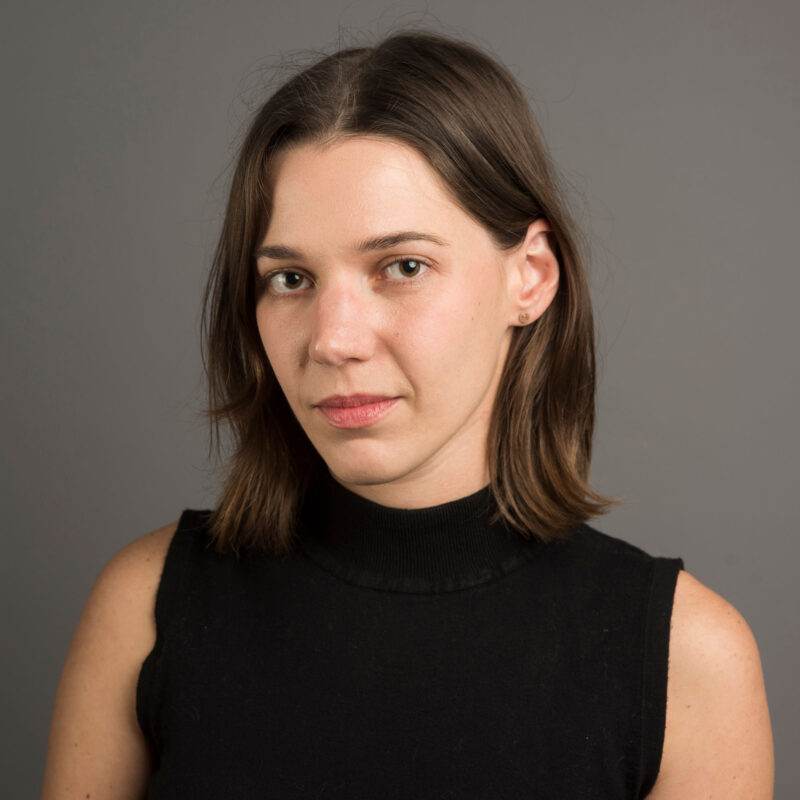Republish This Story for Free
Creative Commons License (CC BY-NC-ND 3.0)
Thank you for your interest in republishing this story. You are are free to republish it so long as you do the following:
- You have to credit ProPublica and any co-reporting partners. In the byline, we prefer “Author Name, Publication(s).” At the top of the text of your story, include a line that reads: “This story was originally published by ProPublica.” You must link the word “ProPublica” to the original URL of the story.
- If you’re republishing online, you must link to the URL of this story on propublica.org, include all of the links from our story, including our newsletter sign up language and link, and use our PixelPing tag.
- If you use canonical metadata, please use the ProPublica URL. For more information about canonical metadata, refer to this Google SEO link.
- You can’t edit our material, except to reflect relative changes in time, location and editorial style. (For example, “yesterday” can be changed to “last week,” and “Portland, Ore.” to “Portland” or “here.”)
- You cannot republish our photographs or illustrations without specific permission. Please contact [email protected].
- It’s okay to put our stories on pages with ads, but not ads specifically sold against our stories. You can’t state or imply that donations to your organization support ProPublica’s work.
- You can’t sell our material separately or syndicate it. This includes publishing or syndicating our work on platforms or apps such as Apple News, Google News, etc.
- You can’t republish our material wholesale, or automatically; you need to select stories to be republished individually. (To inquire about syndication or licensing opportunities, contact [email protected].)
- You can’t use our work to populate a website designed to improve rankings on search engines or solely to gain revenue from network-based advertisements.
- We do not generally permit translation of our stories into another language.
- Any website our stories appear on must include a prominent and effective way to contact you.
- If you share republished stories on social media, we’d appreciate being tagged in your posts. We have official accounts for ProPublica on Twitter, Facebook and Instagram.
Copy and paste the following into your page to republish:























